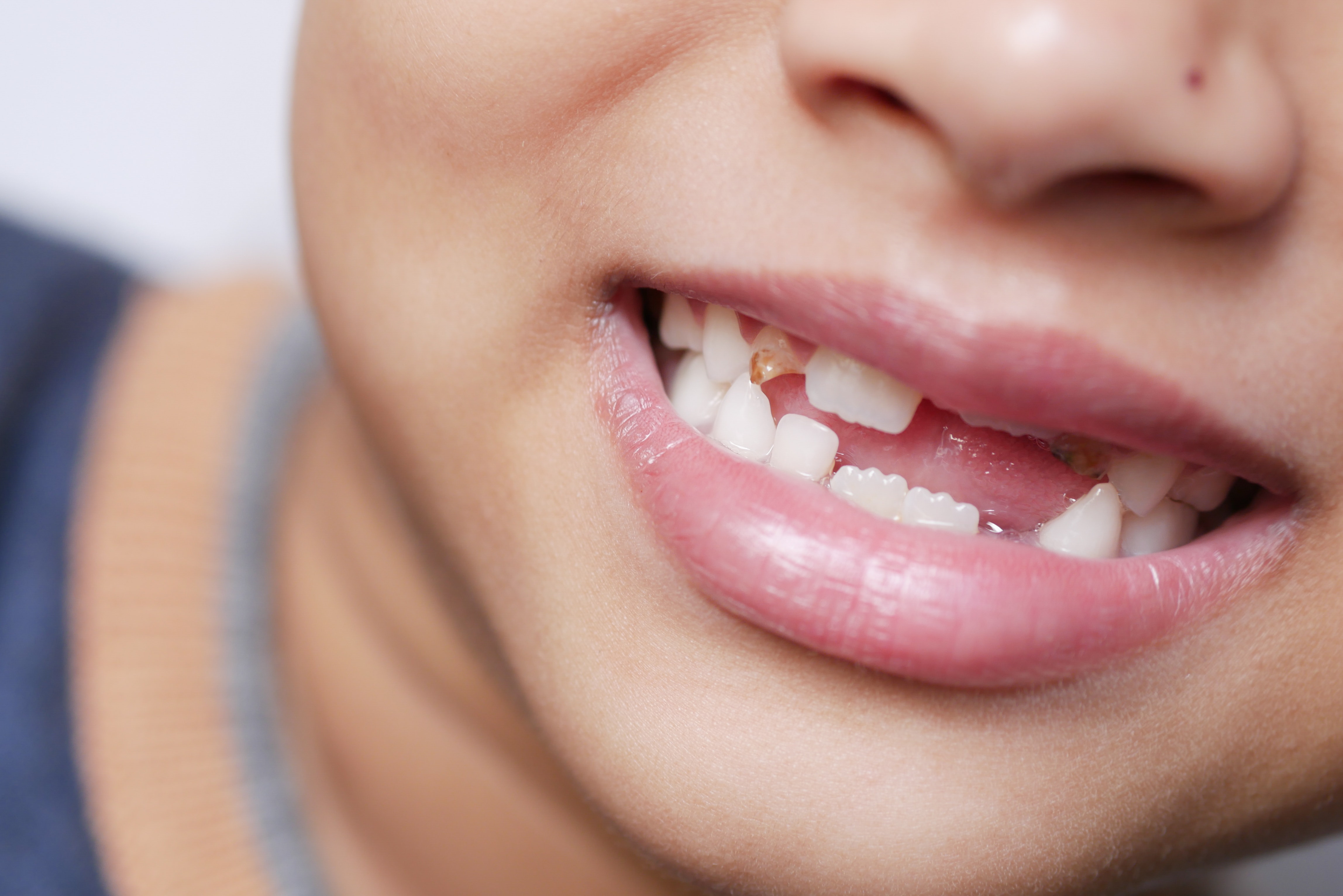Dental health- it matters more than you think
If we have a problem with our tooth, it’s really a sign that things could go wrong later on’
-Dr Steven Lin
The Global Burden of Disease Study 2019 estimated that oral diseases affect nearly 3.5 billion people worldwide. Poor dental health impacts our general health and can negatively affect an individual’s ability to eat, speak and socialise normally. As such, oral health is crucial for an improved quality of life and well-being in society.
It might be surprising for some to learn that, in England, tooth extractions are the most common reason for hospital admissions among children aged 6-10-year-olds, costing the NHS a whopping £3.4 billion annually, and creating a huge financial drain on the wider healthcare system.
Understanding oral health:
Oral health problems include gum (l) disease, tooth decay (dental caries), tooth loss, and oral cancers. The former two are predominantly preventable.
Oral diseases are also associated with coronary heart disease; diabetes complications; rheumatoid arthritis and adverse pregnancy outcomes.
Simultaneously, the risk factors for poor oral health – diet, smoking, alcohol use, hygiene, stress, and trauma are the same as those for many other chronic conditions and NCDs.
Other risk factors can include: living in a deprived area, being from a lower socio-economic group, belonging to a family of Asian origin, or living with a Muslim family where the mother speaks little English.
Its link with systemic diseases
The mouth is the gateway to the rest of our body – there is a growing body of research on the implications of poor dental health on general health. It comes as no surprise that there are strong links between systemic health and poor oral health conditions.
Some of the systemic conditions that can affect oral health include:
- Alzheimer’s disease and dementia
- Kidney disease
- Diabetes
- Osteoarthritis
- Sleep disorders such as Sleep apnoea
- Human immunodeficiency virus
The relationship between diabetes and gum disease is bi-directional, meaning that hyperglycaemia (high blood sugar) affects oral health while gum diseases control hyperglycaemia.
Moreover, obesity and other inflammatory conditions can often be worsened by poor oral health as well as smoking and stress.
The impact of smoking:
It is widely known that smoking can cause detrimental effects to the body that can also be fatal. Every year around 78,000 people in the UK die from smoking and according to NHS figures, many more are living with smoking-related illnesses.
Smoking can lead to tooth staining, bad breath, gum diseases, tooth loss, and in more severe cases mouth cancer. In fact, smoking is one of the leading causes of mouth cancer. More than 2,300 people in the UK die from mouth cancer every year.
The effect of the COVID-19 pandemic:
The covid-19 pandemic teaches us that health is not a luxury, but a basic human right, not a cost but an investment, not simply an outcome of development but the foundation of social, economic and political stability and security
– Dr Tedros, WHO.
While the impact of the coronavirus disease on health inequalities has been well documented, oral health has been absent from this discussion. Research has suggested that there has been reduced access to services (particularly for the vulnerable) during the pandemic as not all practices were ready and appropriately equipped to handle new ways of working around the virus. During this period oral health improvement programs, such as early years and school-supervised toothbrushing were stopped, further widening health inequalities.
What’s next?
Conventional oral health education is not effective nor efficient. Many oral health programs are developed and adopted in isolation from other health programs. More often than not, this leads to confusing and conflicting messages being delivered to the public.
Based on general principles of health promotion an alternative approach to oral health policy uses the ‘Common Risk Factor Approach’ that addresses risk factors common to other chronic conditions and considers the context of the wider social determinants.
Some of the evidence-based interventions and health promotion programs that may be implemented are as follows:
- Diet – including reducing the amount and frequency of sugar consumed
- Oral hygiene
- Access to fluoride products
- Access to a dentist
- Making every contact count (MECC)
There is no doubt that oral health is a growing public health concern. Consultants and health professionals across the world are advocating for ‘putting the mouth back in the body’. Awareness and prevention are at the heart of tackling dental health issues.
Further Reading:
- https://open.spotify.com/episode/03GBRoYdVaE0EQU83M84hy?si=TdVTb_BtRl6hGeFnX-tTWQ
- https://www.amazon.co.uk/Dental-Diet-Surprising-between-Life-Changing
- https://www.gov.uk/government/publications/delivering-better-oral-health-an-evidence-based-toolkit-for-prevention
- https://www.dentalhealth.org/dentalbuddy
- https://www.brushdj.com/
- https://www.diabetes.org.uk/about_us/news/new-smart-sugar-app
- https://amecorg.com/case-study/change4life-sugar-smart-public-health-england/
If you enjoyed this you may also like our international seminar ‘Oral health: the realities and opportunities.’

